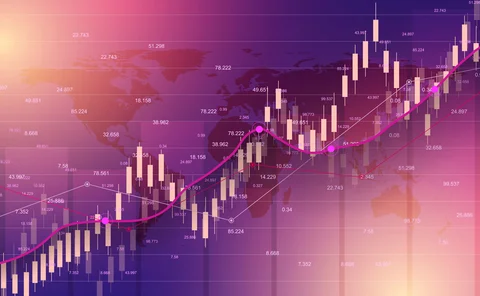Valuation adjustments (XVAs)
WHAT IS THIS? The XVAs are a family of adjustments that can be made to the price of a derivatives trade, reflecting counterparty risk (CVA), own-default risk (DVA), funding (FVA), capital (KVA) and margin (MVA). Their theoretical roots and practical implementation are still debated, but pragmatism also matters: banks that ignore XVAs are at risk of mispricing a trade; banks that include them are at risk of never winning a trade.
Mind the tax when hedging TRS
New model gauges whether deals are still profitable, after taxes
Funding adjustments in equity linear products
How tax asymmetries and Tobin tax affect the pricing of total return swaps
How XVAs shaped top US dealers’ trading revenues in Q1
Citi disclosed a -$835 million CVA impact on revenues
ING hit by €92m XVA loss
Credit trading business tagged for trading losses
Crédit Agricole, Natixis, UniCredit pummelled by XVA losses
Top banks take combined €207 million hit from valuation adjustments
NatWest Markets’ CVA reserve swells £136m
Funding benefit and debit valuation adjustment help offset derivatives charge
XVAs take $346m bite out of HSBC’s trading profits
Derivatives valuation adjustment impact pushes trading profits down 49%
European banks seek capital relief for CVA hedges
Volatile trading in March caused CVA hedges to dominate market risk RWAs at some smaller dealers
Credit Suisse takes $51m derivatives hedging loss
Net trading revenues down 47% on year-ago quarter
At Bank of America, trading revenues get a $300m DVA boost
But credit and funding valuation adjustments deducted $492 million from other income
FVA losses back in spotlight after coronavirus stress
Three US banks suffer combined loss of almost $2bn after rates and funding double whammy
JP Morgan takes $951m XVA hit
Funding spread widening blamed for majority of Q1 hit
Podcast: Horvath and Lee on market generator models
Quants explain the application of the latest techniques
Smart derivative contracts: detaching transactions from counterparty credit risk
Introducing deterministic termination rules to eliminate counterparty risk in smart derivatives
Rates trading revenues up 154% at top US banks
Net gains on interest rates-related exposures top $21 billion
Scotiabank takes C$116m XVA charge
Introduction of centralised valuation platform altered fair value of uncollateralised positions
One bad apple: default risk at CCPs
One clearing member's disproportionately large position increases the credit risk for all CCP members
Initial margin – A regulatory bottleneck
With the recent announcement of an extended preparation period for those smaller entities needing to post initial margin under the uncleared margin rules, the new timetable could cause a bottleneck for firms busy repapering derivatives contracts linked…
Santander’s CVA charge up 15% in Q3
Other eurozone G-Sibs see their CVA requirements fall
MVA taking the long road to acceptance
Four years on, the adjustment is still not a standard part of non-cleared swap pricing
Smaller Japan banks set to adopt CVA accounting
IFRS convergence levels playing field as regional banks start to price in credit risk
Competitive differentiation – Reaping the benefits of XVA centralisation
A forum of industry leaders discusses the latest developments in XVA and the strategic, operational and technological challenges of derivatives valuation in today’s environment, including the key considerations for banks looking to move to a standardised…
The theoretical foundations of XVAs
Bloomberg analyses the theoretical basis of XVAs, focusing on the works and findings of its head of quantitative XVA analytics, Mats Kjaer, who emphasises the role of the capital valuation adjustment as a major driver of derivatives trading profitability…














